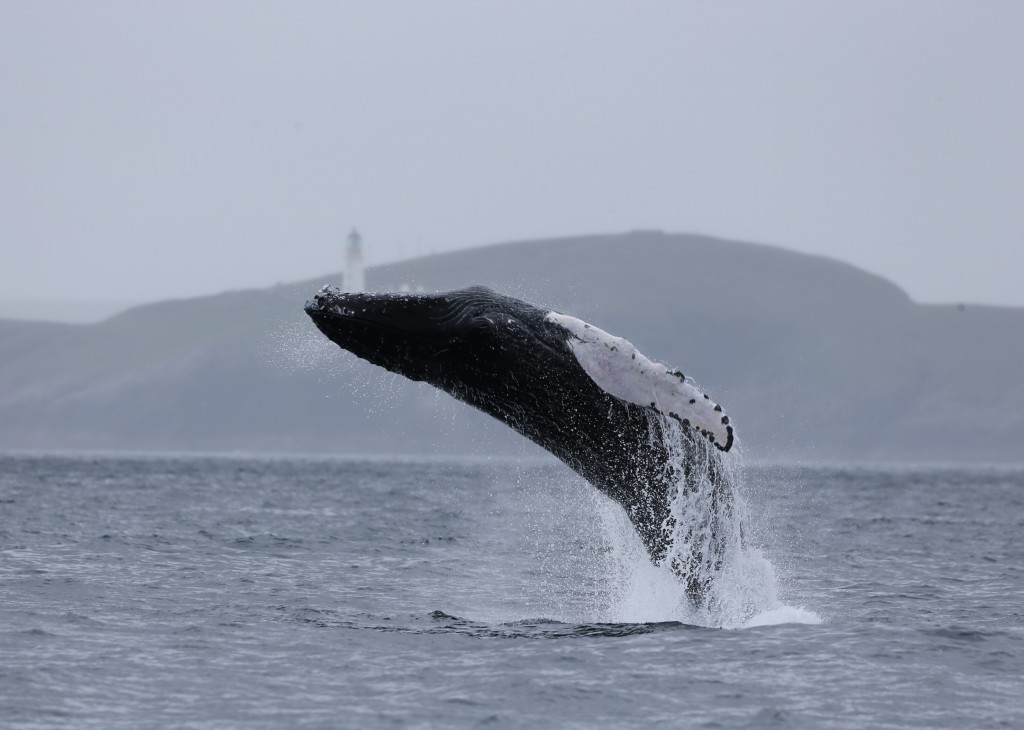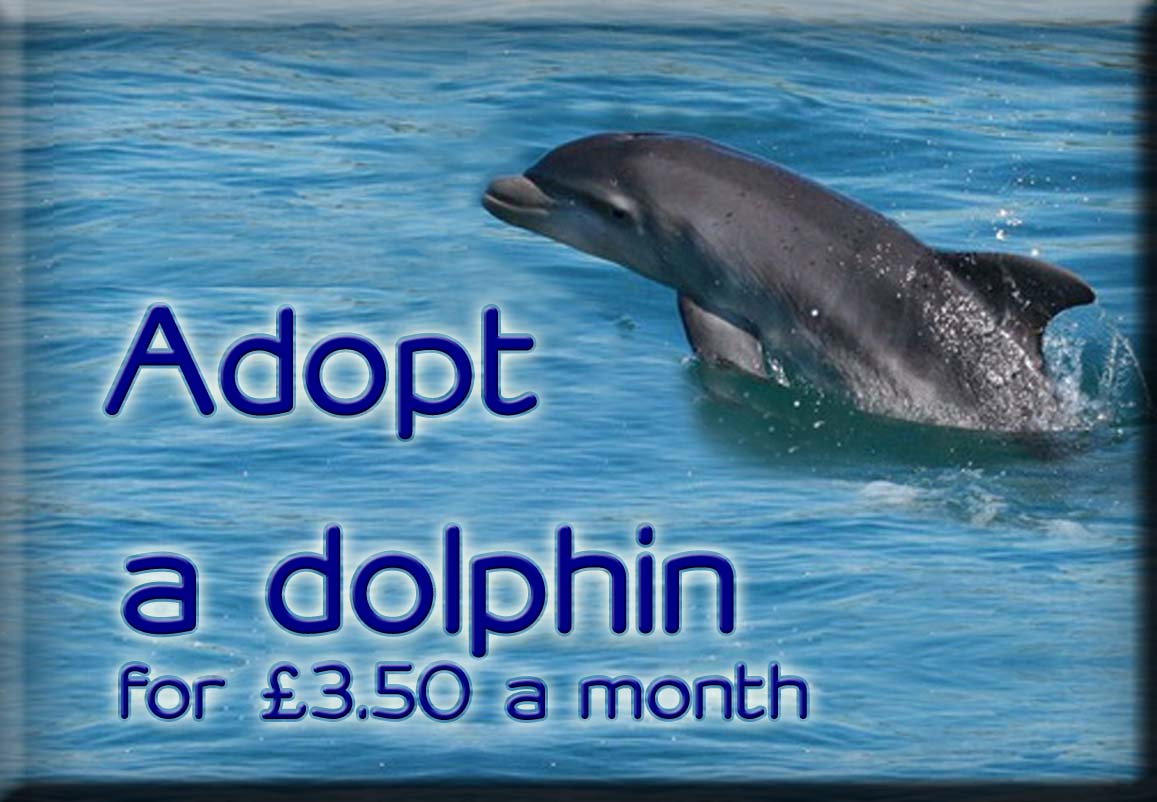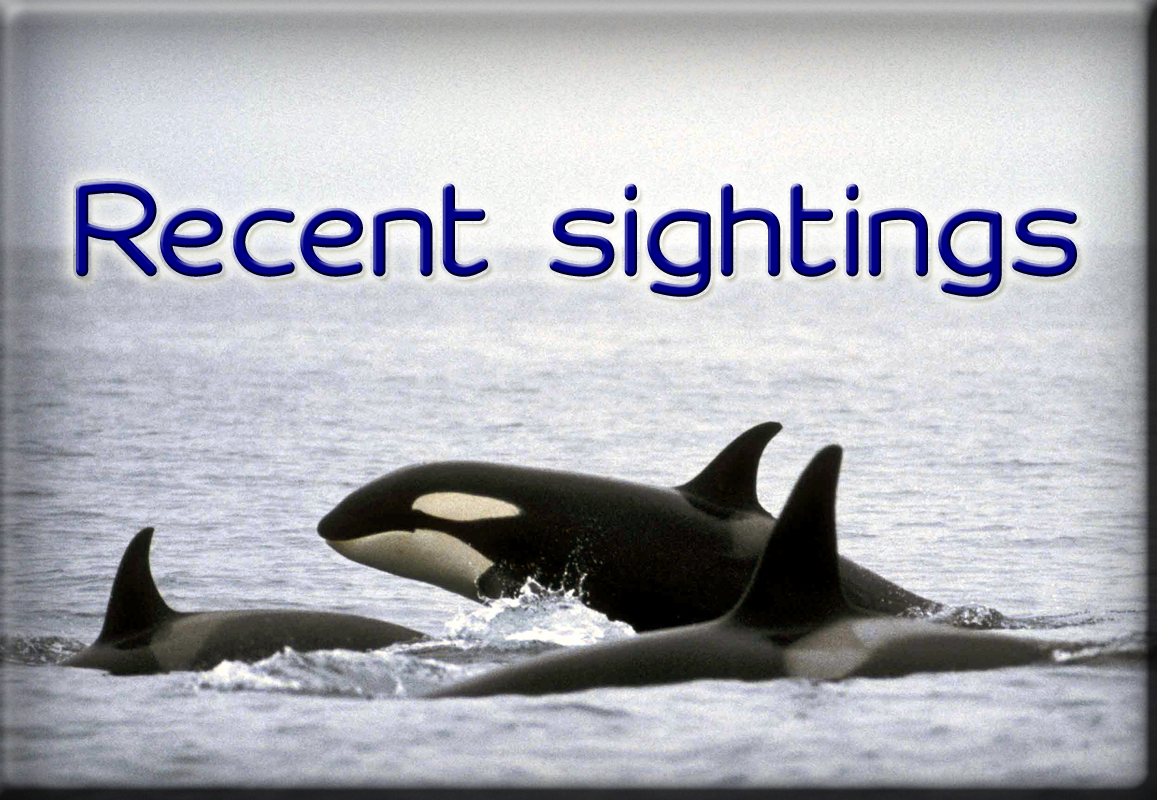Every year, scientists at the Sea Watch Foundation lead a campaign to get members of the general public contributing to science to protect whales, dolphins and porpoises and they’re calling on you to get involved with the National Whale and Dolphin Watch between 28th July and 5th August 2018!
For over forty years, Sea Watch Foundation scientists as well as volunteer observers all around the coast have been reporting on whales, dolphins and porpoises (cetaceans) to inform Sea Watch’s huge database of records. In fact, the scheme is one of the oldest and longest running citizen science schemes in the world. Now it’s your turn to take part in their flagship summer event, the ‘National Whale & Dolphin Watch’ which is now in its 17th year.
“It’s all about reporting your whale, dolphin and porpoise sightings as well as getting out there to look for them” begins Dr Chiara Giulia Bertulli, Sightings Officer for the research charity.
“Without reports from the public on these magnificent animals we cannot compile data which is used for their protection” continues Chiara.
Sea Watch Regional Coordinator for the Inner and Outer Hebrides is the Hebridean Whale and Dolphin Trust a charity which has got a unique programme of community-based programme where communities are directly involved in collecting biological recordings of local cetacean species.
With the help of our new sighting app, the Whale Track app, everyone (wildlife enthusiasts as well as boat operators) is now able to record and submit their sightings of whales, dolphins and porpoises from across the Hebrides, said Dr Lauren Hartny-Mills, the Trust’s Science Officer.
Cetaceans can be found all around the coast of the UK and recently around the Scottish coast there have been many species spotted like orcas which have been spotted travelling very close to the shore, and lucky ferry passengers were amazed to spot them frolicking in the waters in the River Clyde. White-beaked dolphins have been sighted offshore St Kilda archipelago, and as far north as the isle of Lewis. Humpback whales were sighted surface feeding and breaching from a cliff at Lammerlaws in North East Scotland at the beginning of this year. A unique sighting of a mixed-species association of bottlenose dolphins and Risso’s dolphins was also reported close to the shore of the Butt of Lewis Lighthouse in the Outer Hebrides.
The charity encourages wildlife-lovers to head to the coast to collect watch data of their own. No experience is necessary and the team at Sea Watch will be happy to set you off on the right foot.
“We need as many eyes on the sea as possible. That means we’re looking for people all around the Scottish coast to arrange a watch for themselves and for everybody to report the animals that they see” adds Chiara.
During the nine-day 2017 event, eleven different whales and dolphins were recorded in UK waters as well as the tiny harbour porpoise which measures just a metre and a half when fully grown. Some 608 sightings were logged around Scotland, which held the highest number of sightings once again. For more facts and figures from last years’ event, please see the 2017 National Whale and Dolphin Watch report.
Find out more about the event: www.seawatchfoundation.org.uk/nwdw
Register your own watch: http://www.seawatchfoundation.org.uk/nwdw-2018/
To view the 2017 National Whale & Dolphin Watch Report:
To know more about the Whale Track App: https://hwdt.org/whale-track/

























